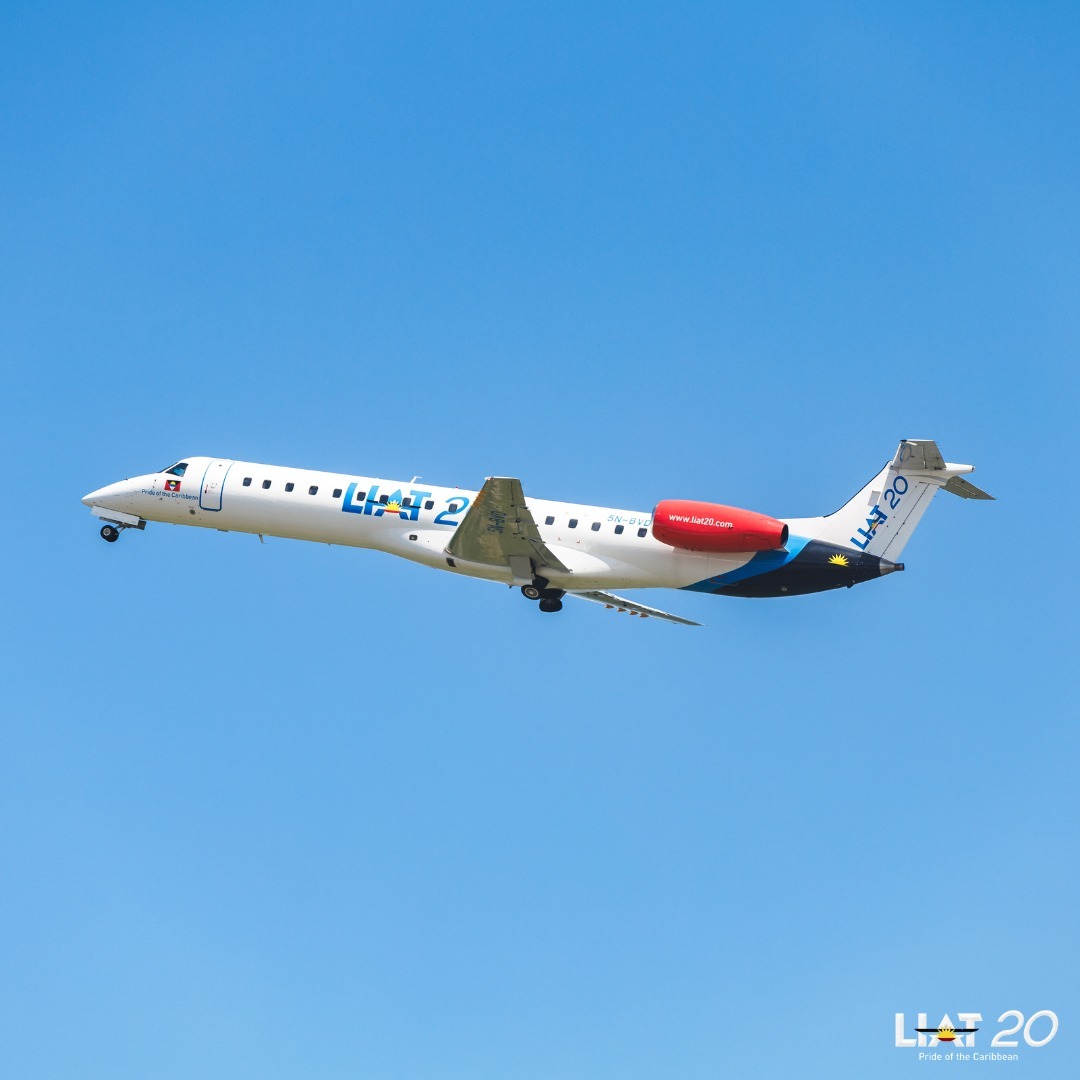The soaring costs of regional travel within the Caribbean continue to burden commuters, with high taxes on airline tickets being a primary culprit. These taxes, often exceeding the base airfare, have made intra-Caribbean flights significantly more expensive compared to regions like Europe and Southeast Asia, where lower aviation taxes and government support have fostered the growth of budget airlines. This disparity has created a challenging environment for Caribbean travelers and the tourism industry alike. Locals are increasingly priced out of flying between islands, while tourists face unexpectedly high costs, dampening demand for regional travel. The financial strain is also felt by local airlines, which struggle to compete with subsidized foreign carriers. Among these is LIAT Air, a new entrant in 2024, which faces the dual challenge of distancing itself from its failed predecessor, LIAT 1974, and navigating the heavy tax burden. LIAT Air CEO Hafsah Abdulsalam highlighted these issues during her address at the State of the Tourism Industry Conference (SOTIC) 2025, emphasizing the need for efficiency and government collaboration to reduce costs. Abdulsalam also revealed LIAT’s ambitious plans to expand connectivity to South America and Africa, underscoring the potential benefits of increased travel volume for local airlines, airports, and tourism-dependent businesses. However, achieving this vision requires a concerted effort from regional governments to address the tax issue and foster a more supportive environment for aviation. Whether the discussions at SOTIC 2025 will lead to actionable steps remains uncertain, but the stakes are high for the Caribbean’s most vital industry.
Saint Lucia receives automated passport control kiosks from OECS Commission
